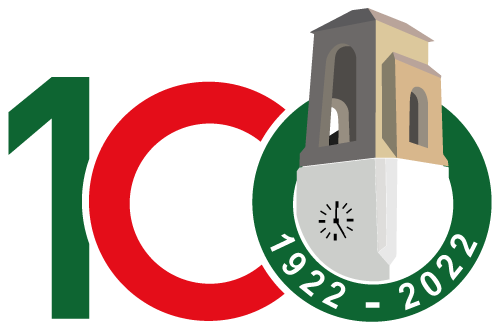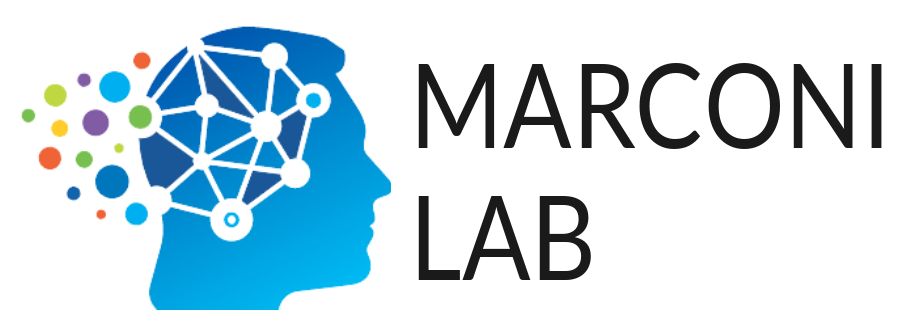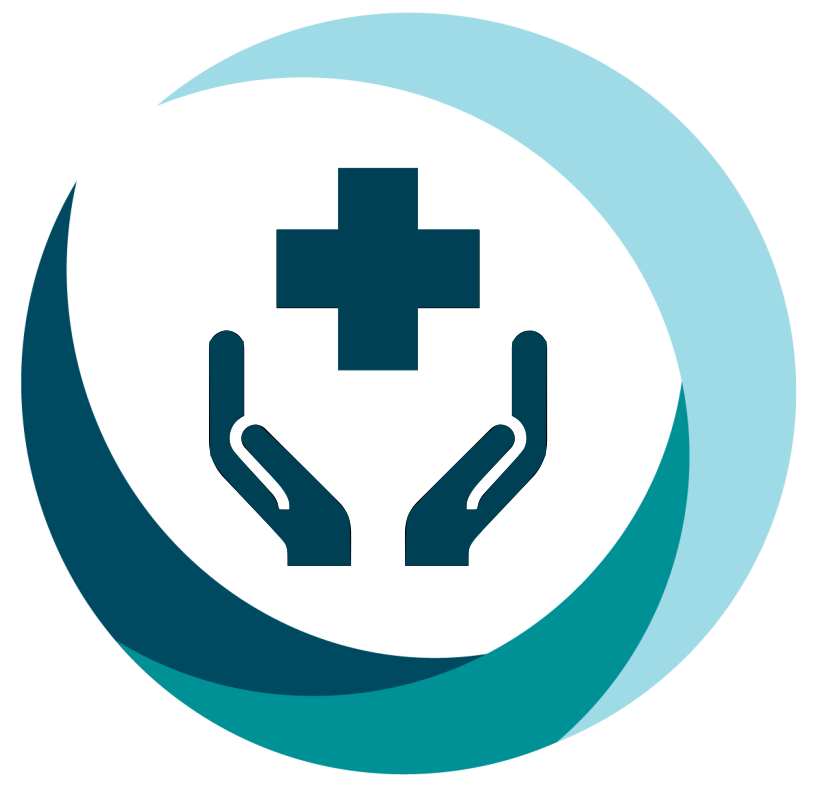Makerere University Artificial Intelligence In Health Symposium
A joint symposium by CEDAT and COCIS
Thursday 7th April 2022
8am to 4pm
Central Teaching Facility CTF2 Auditorium,
Makerere University





The College of Engineering, Design, Art and Technology (CEDAT) and the College of Computing and Information Sciences (COCIS) are organizing the Artificial Intelligence in Health Symposium. The event will focus on dissemination of findings under AI in Health research projects sponsored by the Government of Uganda and development partners. It will also serve as a platform for mutual understanding, allowing us to better explore the challenges, successes, and how the use of AI and machine learning can be integrated into Uganda’s healthcare system.
Projects

Machine learning- aided screening of tuberculosis from chest X-rays
This project applies deep learning toward automatic TB detection in chest X-ray images. A highly accurate classification model for differential recognition of TB, healthy, pneumonia and covid-19 in chest X-ray images has been developed and deployed in a web application, with Picture Archiving and Communication system (PACs) support. The resulting computer-aided detection system is undergoing evaluation using Ugandan data.
Funder: MAK RIF-3
Partners: MAK, Ernest Cook Ultrasound Research and Educational Institute (ECUREI)
Deep learning-based detection of COVID-19 from lung ultrasound images
Lung ultrasound (LUS) has gained popularity in detection of COVID-19 manifestation within the pulmonary system, due to its lack of ionizing radiation, portability, repeatability, cost-effectiveness, and operator comfort. However, the interpretation of LUS artifacts specific to COVID-19 remains a challenge, even for expert radiologists, due to variability in expertise, operator-dependent image quality and a low signal-to-noise ratio. To automate the analysis of LUS, we have developed a deep learning model that correctly distinguishes COVID-19 LUS images from bacterial pneumonia, healthy and other lung diseases with an accuracy of 99.65%. We have also developed a polygonal localization model for B-lines in LUS images. Collection of local data is ongoing toward validation.
Funder: IDRC (COAST Project), MAK RIF-2
Partners: MAK, Mulago Hospital


End-to-End Artificial Intelligence (AI) and data systems for targeted surveillance and management of COVID-19 and future pandemics COAST Project
The fluidity of the COVID-19 outbreak requires innovative data systems that fuse data from multiple sources that need to be frequently updated. In sub-Saharan Africa, data imbalances and underrepresentation can easily arise due to unequal access to government and private services where data is collected due to socio-demographic conditions. If these are not addressed, they can result in AI and data science solutions that do not benefit communities that are most vulnerable for COVID-19 and future pandemics. COAST will address these challenges through three specific objectives: The COAST Project aims to develop End-to-End Artificial Intelligence (AI) and data systems for targeted surveillance and management of COVID-19 and future pandemics that could affect the country. The project aims to use AI and integrated data systems to optimize and improve the efficiency, response and recovery from COVID-19 and future pandemics, with emphasis on the needs of underserved cohorts within Uganda’s population. As a multidisciplinary approach, COAST leverages AI, epidemiology and computer science to build a set of synergistic, contextualized and equitable end-to-end AI data systems that can generate insights to inform decision-makers and the public as part of the ongoing COVID-19 response.
Funder: The International Development Research Centre, Ottawa, Canada. (IDRC-CARDI) The Swedish International Development Cooperation Agency
Partners: Makerere University, Infectious Disease Institute, Makerere AI lab
Automated recognition of suspicious lesions in breast ultrasound images
Breast cancer is a leading cause of morbidity and mortality among women in Sub-Saharan Africa. Ultrasound is increasingly becoming a popular screening modality for breast cancer. However, ultrasound yields noisy images which are prone to subjective radiological interpretation. Machine learning has the potential to alleviate this challenge, but prior art has no local dataset content, making model generalization a herculean task. In our work, we developed a morphology-aware deep learning model that differentiates between suspicious and non-suspicious breast lesions. The model was developed using a mixed dataset (open and local). The model, based on the YOLOV4-tiny architecture, achieved a sensitivity and specificity of 88% and 89% respectively on local test data. Comparison with prior art shows superior performance. Ours is a promising approach towards the automation of breast lesion detection from breast ultrasound images obtained from Sub-Saharan Africa.
Funder: Carnegie Corporation (SECA), UNESCO TWAS
Partners: MAK, Ernest Cook Ultrasound Research and Educational Institute (ECUREI)


A computer-aided diagnosis system for cervical cancer from colposcopic images
Cervical cancer is one of the most common cancers in women and a major public health problem affecting middle-aged women, especially in developing countries. Cervical cancer is a highly curable disease, but survival rate is dependent on early staging. Therefore, early screening is critical. Here, we propose a robust, low-cost and accurate decision support system for screening/diagnosis of cervical cancer, comprising a portable colposcope, and a mobile phone based interface powered by a deep learning model for classification of images with cervical cancer. The model was developed based on the VGG-19 architecture, using a local dataset of cervical colposcopy images and achieved a 97% sensitivity and 77% specificity on the test data. Our platform has been deployed to to assist nurses as POC in screening clinics in Uganda.
Funder: RIF-1
Partners: MAK, Uganda Cancer Institute
A smart portable ultrasound for guidance of minimally invasive procedures
Non-communicable diseases such as cancer, cardiovascular disease and diabetes contribute to about one third of the total annual deaths in Uganda. Minimally invasive procedures such as biopsies, regional anesthesia and fluid aspiration are crucial in the diagnosis of these diseases. These procedures involve percutaneous needle insertion and are best conducted under ultrasound guidance. However, 2D ultrasound has a small field of view and device visibility becomes more difficult at steeper insertion angles. This reduces the efficacy of the procedures and could cause injury. In our work, we have developed robust and accurate machine learning algorithms for needle localization and segmentation in 2D ultrasound. We have further integrated these algorithms in a portable ultrasound system, the Clarius L7. This system will allow for faster and safer minimally invasive clinical procedures and could reduce post-surgery complications
Funder: RIF-2
Partners: MAK, Mulago Hospital


Automated Screening of Prostate Cancer from Multiparametric MRI Sequences
Prostate cancer (PCa) is the second leading cause of cancer related deaths among men globally. Uganda has the highest mortality rate of PCa in East Africa with 25% of the patients dying within one year. Further, 90% of the PCa patients are diagnosed at stage IV and this can be attributed to the low numbers of expert radiologists and screening facilities. Late diagnosis limits treatment options, increases mortality and leads to low quality of life for patients and their families. Magnetic Resonance Imaging (MRI) is the most common imaging modality for PCa screening but the volumetric sequences are difficult to interpret. To solve this challenge, we have developed a machine learning model for automatic characterization of multiparametric magnetic resonance (mp-MRI) sequences into suspicious (PIRADS 4 & 5), equivocal (PIRADS 3), and non-suspicious categories (PIRADS 1 & 2). Our model, trained on a combination of open and local data, achieves clinically acceptable sensitivity and specificity on local test data. Our approach removes subjectivity in mp-MRI interpretation, thus facilitating faster and more accurate PCa diagnosis.
Funder: RIF-2
Partners: MAK, Ernest Cook Ultrasound Research and Educational Institute (ECUREI)
Automated Mobile microscopy diagnosis of malaria (Ocular)
Point of care diagnostics using microscopy and computer vision methods are particularly relevant to low-income, high Malaria burden areas. World over the trending technologies are now based on machine learning and data science and these can be leveraged with the combination of available smartphones and microscopes to improve disease diagnosis where there is lack of enough skilled lab technician. Ocular has developed a diagnostic AI tool to improve the accuracy of malaria testing. It comes with a smartphone adapter and seeks to counter the limitations of the normal microscopic diagnosis which is eye straining, time consuming and prone to variations because of individual expert judgement. This could easily be extended to other related microscopy tests like TB diagnosis and intestinal parasites.
Funders: SIDA, LACUNA FUND
Partners: Makerere University
